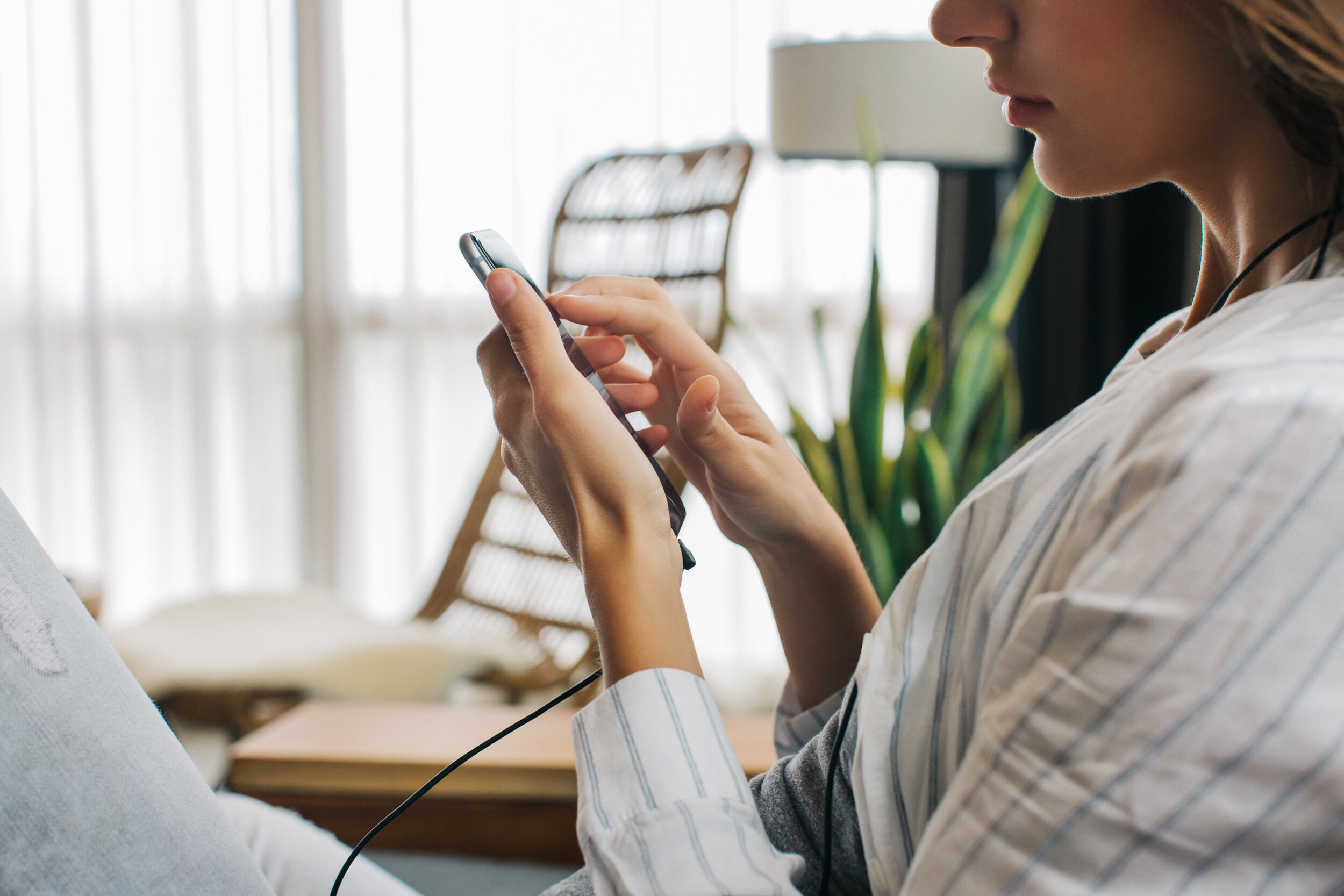
In-Person Postpartum Therapy in Redmond, OR
Telehealth in OR, CA & FL
Postpartum Therapy and Sleep Consulting for High-Achieving Women.
Move From Overwhelmed to Thriving in Motherhood
Motherhood isn’t about just caring for your baby. It is about caring for yourself, your relationships and your mental health. Navigating this all in postpartum can feel overwhelming, isolating and uncertain.
As a Licensed Clinical Social Worker licensed in OR, CA and FL and Certified Pediatric Sleep Consultant, I specialize in helping high achieving women rediscover themselves, and overcome challenges to find a new balance and connection.
Whether you are struggling with postpartum anxiety, insomnia, or relationship stress, I am here to guide you through this phase of life with evidence-based tools and strategies.
Hi, I am Kristina
Motherhood is life-changing!
You might feel:
Overwhelmed by anxiety or intrusive thoughts that feel hard to control.
Exhausted by sleepless nights or battling insomnia that will not let your mind rest.
Disconnected from your partner, struggling to communicate or feel close during this stressful time.
Lost in your identity, unsure of who you are outside of being a mom.
The emotional and relational shifts of motherhood - combined with sleepless night and mental health challenges - can leave you feeling stuck, unsure, and in need of support
I am here to help you move from surviving to thriving with compassionate care tailored to your specific needs.
Together, we will work towards:
-
with evidence-based Anxiety therapy, strategies like Cognitive Behavioral Therapy (CBT) and Exposure and Response Prevention (ERP)
-
by improving your babies sleep with gentle sleep coaching, and improving your sleep with CBT for insomnia.
-
by learning skills and tools proven to be effective in therapy for postpartum depression that are based in CBT, ACT and DBT.
-
Therapy to help explore who you were before baby, your parenting values, your new priorities, the way that you now look at the world and incorporating all of that into a new you.
-
with couples therapy using the Gottman Method, to rebuild trust, communication, intimacy and learn how to move through conflict effectively.
-
by exploring your unique challenges in motherhood and practicing skills that have been proven to be effective for overwhelm & burnout, and health & wellness.
I have worked with moms, couples and families facing the challenged of motherhood for over a decade. I know how transformative the right support can be.
My training and expertise include:
Cognitive Behavioral Therapy (CBT)
For Addressing anxiety, depression and identity shifts
CBT for Insomnia (CBT-I)
Evidence-based strategies to improve your quality of sleep
Acceptance and Commitment Therapy (ACT)
For accepting our new identity and managing overwhelming emotions.
Maternal Mental Health Training
Specific and in depth training from Postpartum Support International (PSI), to help with all things postpartum.
Dialectical Behavioral Therapy (DBT)
For regulating emotions, tolerating distress, staying in the present moment and communicating with others.
Exposure and Response Prevention (ERP)
For effectively treating postpartum anxiety
Gottman Method
Evidence-based treatment for couples to restore your friendship, connection and help move through conflict effectively.
Certified Pediatric Sleep Consultant
Gentle sleep teaching and sleep coaching for your baby to get the most sleep with the least amount of tears.
We will identify the perfect combination of therapeutic techniques to help you align with your values and meet your goals in motherhood.
When I am not working with clients…
You can find me spending time with my husband and two little ones. We love exploring the outdoors, finding a good playground, visiting a new little town or visiting local kid-friendly business.
When I am not with my family, you can find me on the soccer field, working on a puzzle, or unwinding with a good cup of tea and an audio book.
As someone who has navigated the postpartum period twice, and has lived through postpartum anxiety and a baby who wouldn’t sleep, I understand the challenges you are facing.
I am passionate about helping other moms find balance, connection and a more complete sense of self.
You do not have to navigate this postpartum season alone!
Whether you are seeking support for anxiety, sleep, identity shifts, or your relationship, I am here to help you feel rested, connection and confident.


